
News writer, Interviewer
Hundreds of Virginia convenience stores are hitting pause on lottery ticket sales in a bid to pressure lawmakers for a "path forward" for skill games in the state budget.
The move, spearheaded by the Virginia Merchants and Amusement Coalition (VA MAC), will begin at 5 pm on Thursday, May 9th, and will continue until Governor Glenn Youngkin and the General Assembly can agree on terms for skill games.
The aim is simple: economic pressure. Virginia stores sell over $12.5 million in lottery tickets daily, generating a significant $2.3 million in daily revenue for the state.
A VA MAC press release said:
By stopping Virginia Lottery sales, convenience store owners across the Commonwealth will show the economic impact that the closing of convenience stores will have on the Virginia Lottery and the tax revenue they generate. They will also show their continued support for legislative champions who continue to fight for small businesses.
Second boycott targets budget negotiations
This isn't the first time Virginia convenience stores have used boycotts. A one-day strike occurred on April 15th in protest of Youngkin's amendments to a bill aiming to legalize skill games.
The timing of this extended boycott is strategic, coinciding with ongoing budget talks and a looming vote on a new state budget on May 15th.
Governor Youngkin threw a curveball into the skill game legalization process with his proposed amendments. These changes have convenience store owners fuming, particularly because they weren't part of the original bill passed by the General Assembly. Here's a breakdown of the sticking points:
Exclusion zones: Skill game machines would be banned within 35 miles of casinos, effectively cutting off a significant portion of the market for convenience stores.
- Schools and places of worship get a buffer: An additional restriction proposes a 2,500-foot buffer zone around schools and places of worship, further limiting potential locations for these machines.
- Tax hike: The proposed tax rate on skill game profits jumps from 25% to 35%, squeezing profit margins for businesses already facing limitations on placement.
Small businesses feel the squeeze
These amendments have drawn sharp criticism from Virginia small business owners, who see them as overly restrictive. Senator Aaron Rouse, patron of the original bill, called them "a slap in the face" to small businesses.
Governor Youngkin defends his amendments, citing public safety and consumer protection concerns.
Will a deal be reached?
With the budget vote approaching, all eyes are on Governor Youngkin and the General Assembly. Can they reach a compromise that satisfies both sides – small businesses seeking skill game legalization and the Governor's concerns about potential negative impacts? Only time will tell.
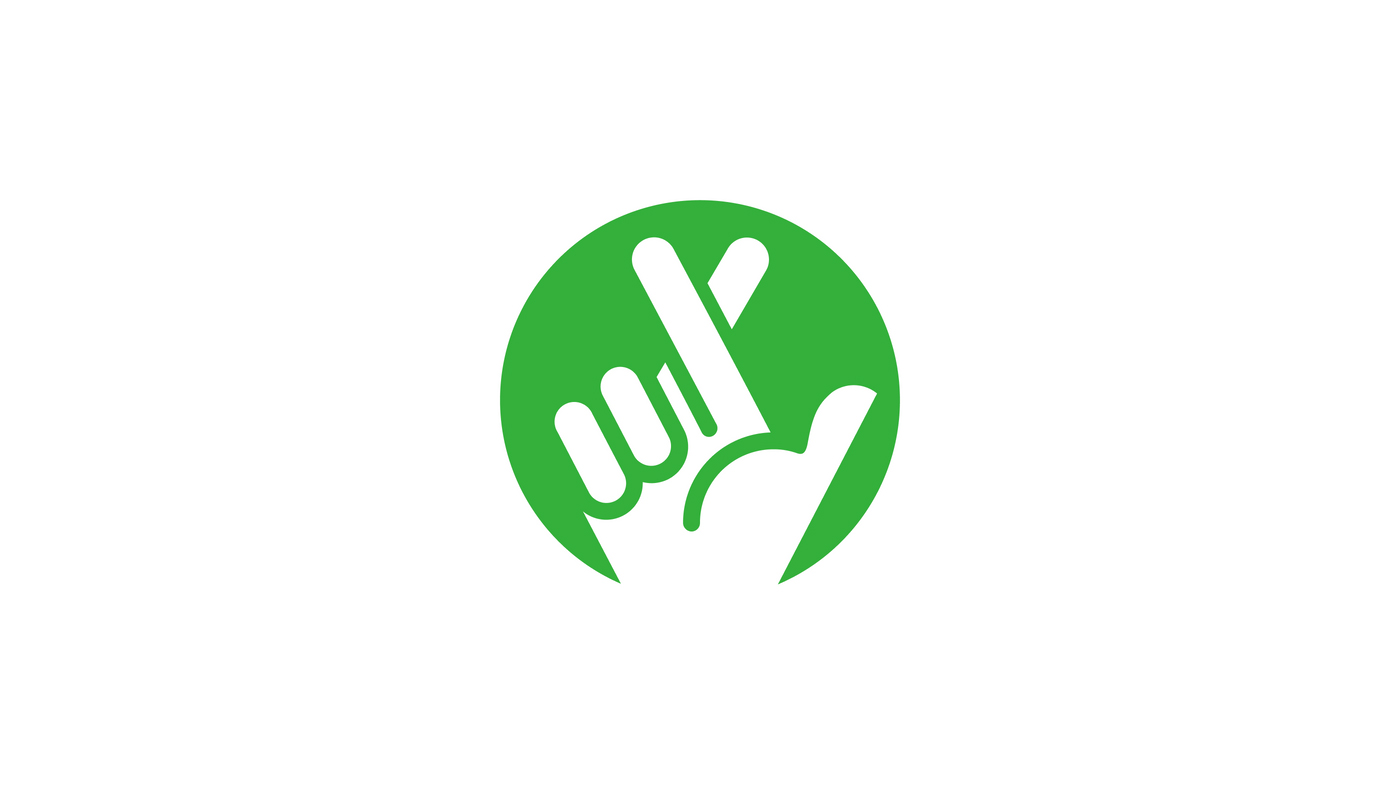
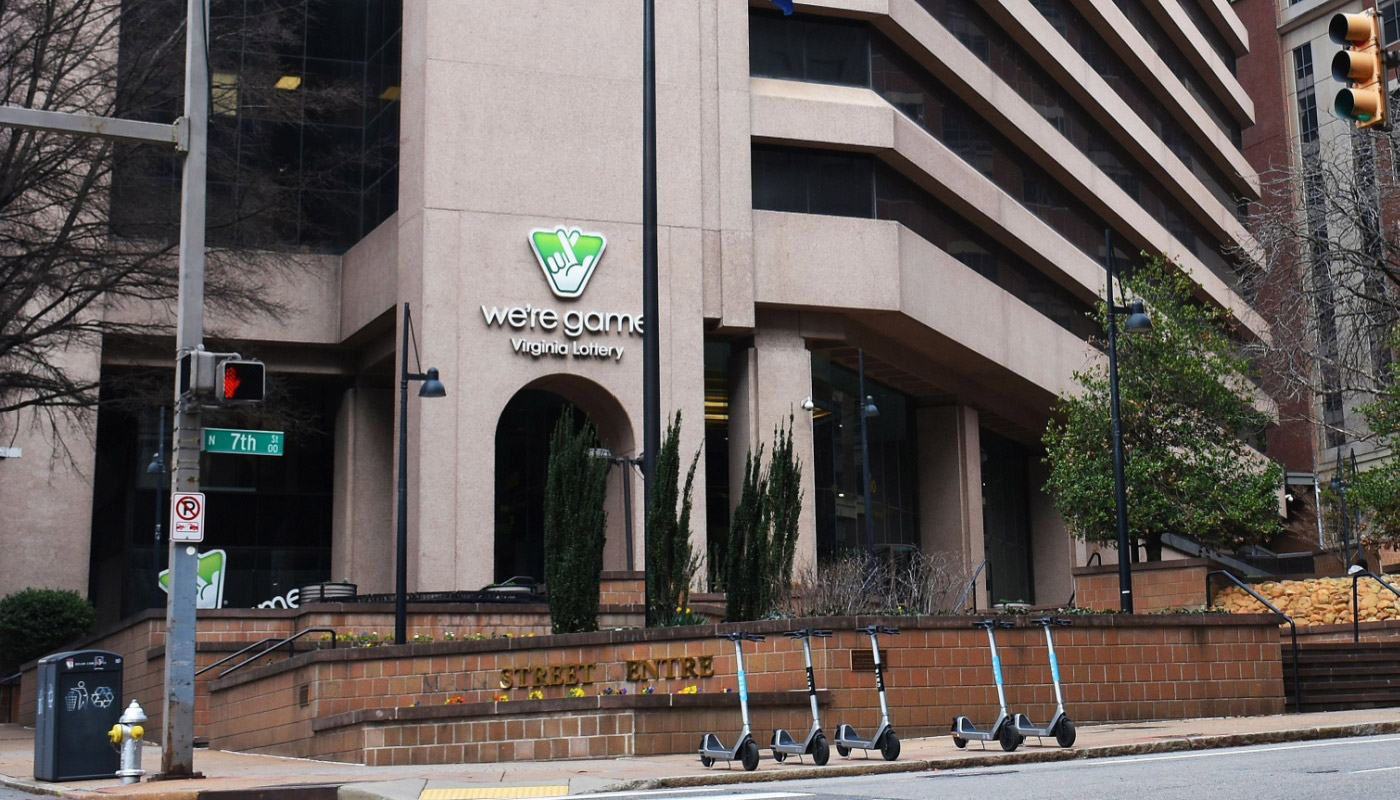

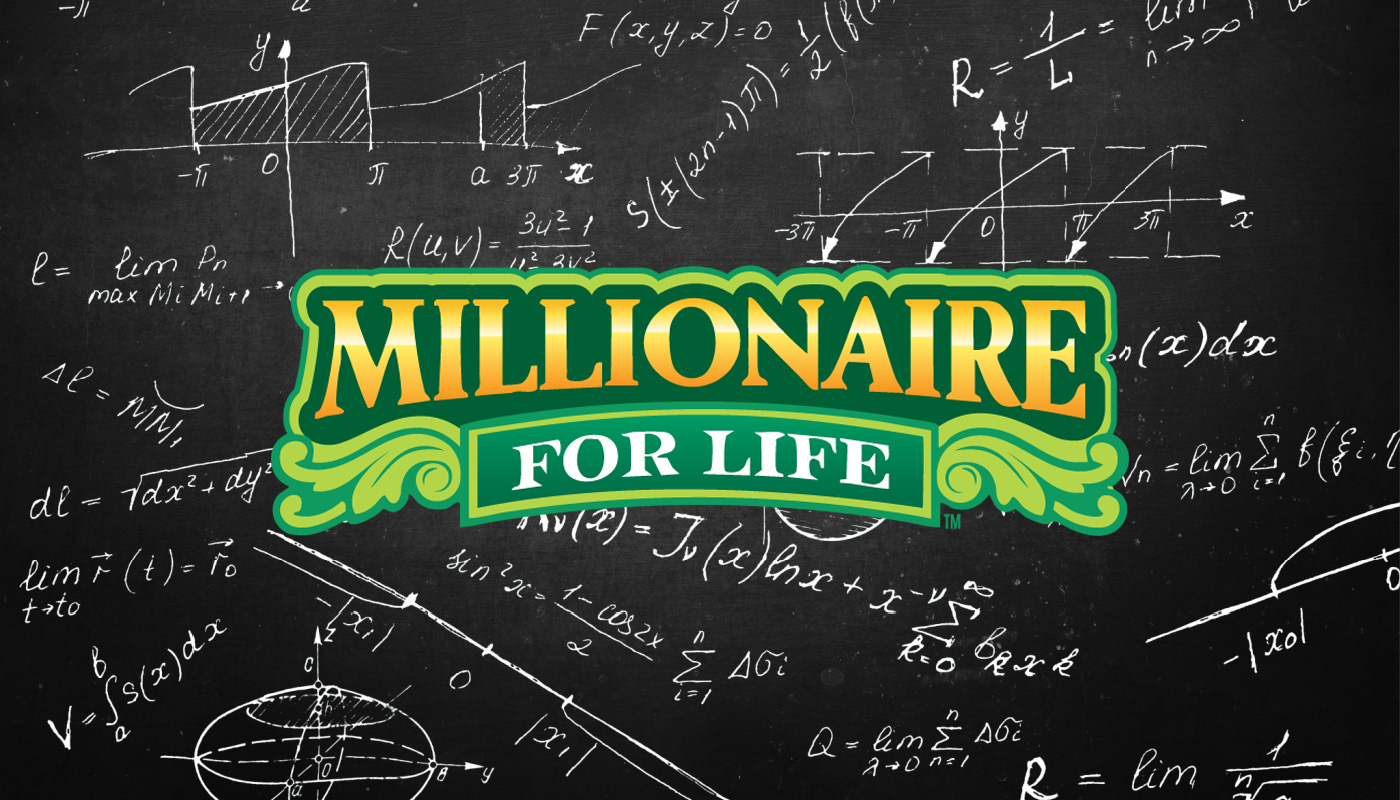

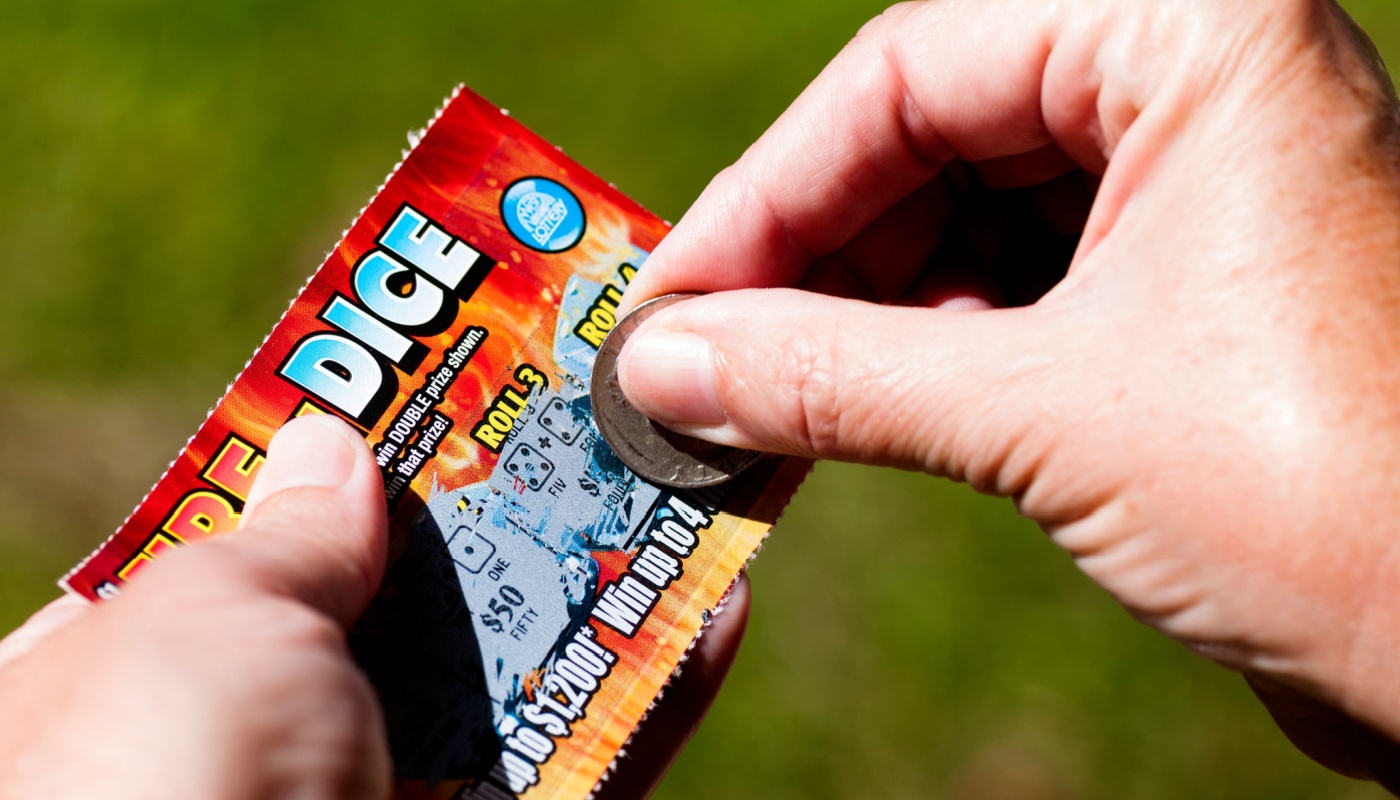



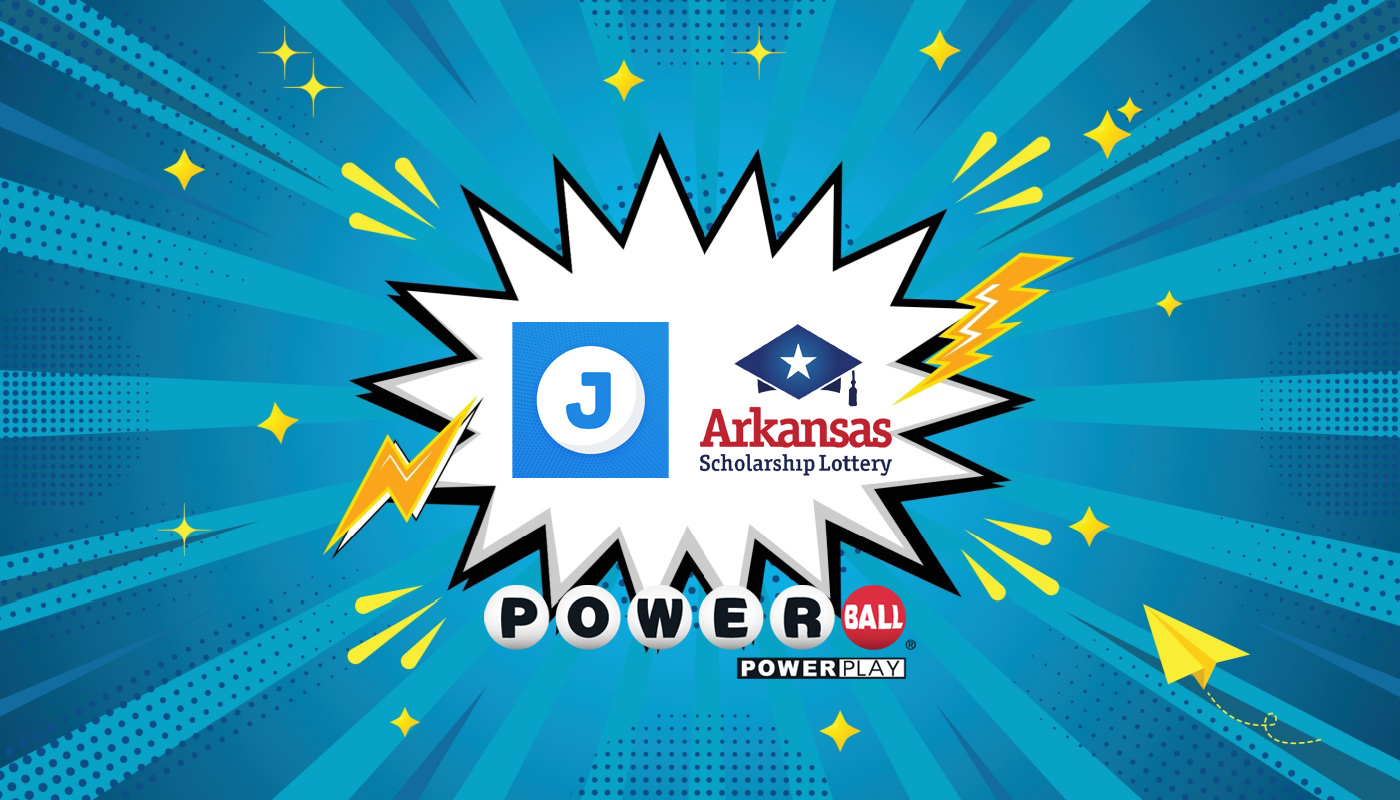
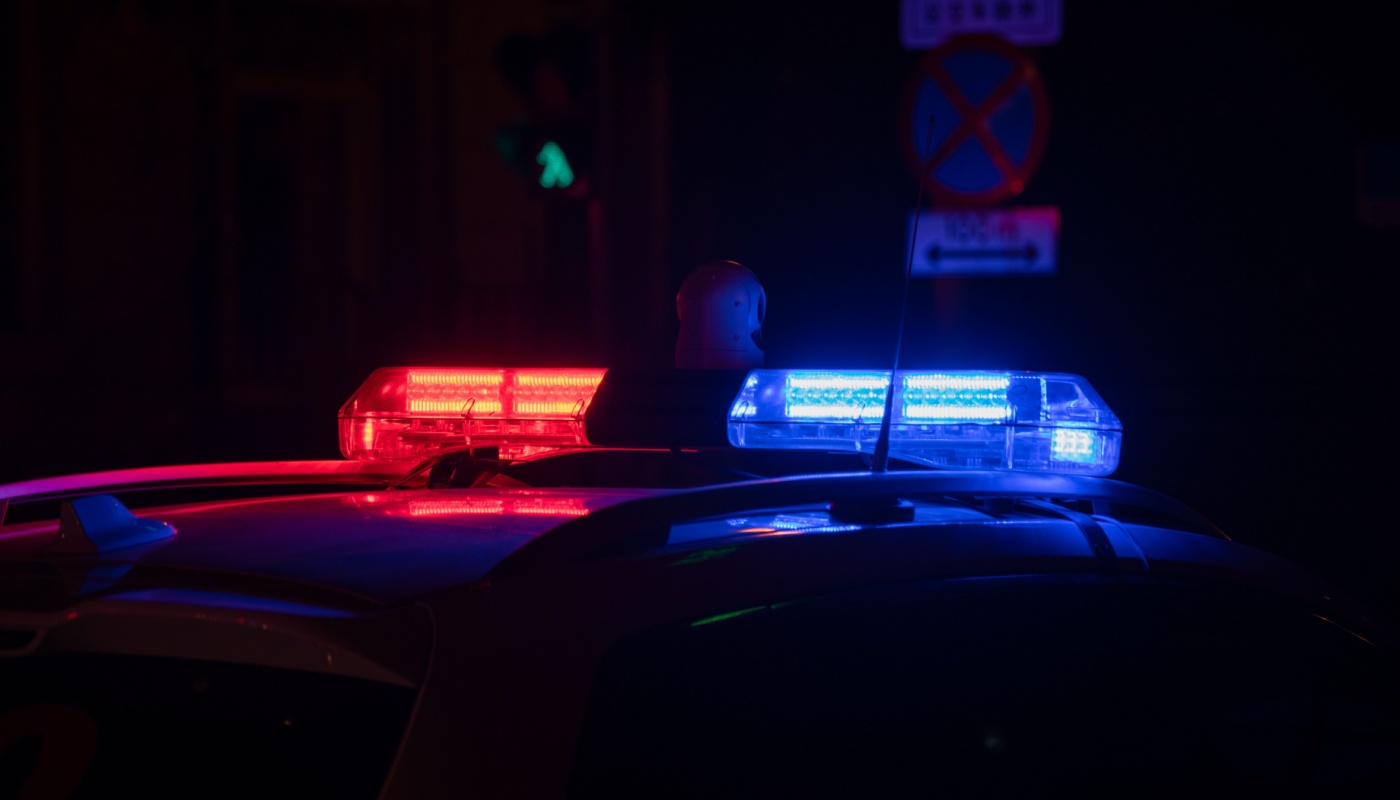









Comments